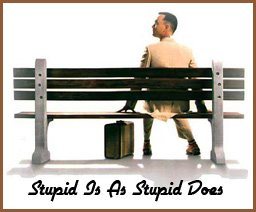Throughout the reading, I noticed many similarities in how children should be educated between Dewey and Rousseau. The idea of a child experiencing what he is learning is something that can help in the development of the child’s knowledge. However, Dewey believes that not all experiences are equally educative, and some experiences can even damage the child’s understanding. On page 25, Dewey states that “Any experience is mis-educative that has the effect of arresting or distorting the growth of further experience.”(25) Rousseasu has similar ideas regarding experience. Rousseau gives the example of the ice feeling hot on Emile’s lip and the seemingly broken stick in the water of how experiences that can deceive us. But, experiences can solidify one’s knowledge. When Rousseau takes Emile to observe the sun set and the sun rise, Emile is able to eventually understand the concept. This is a case where experience is beneficial to education.
Dewey believes that without the probable application of education to the real world, students become disinterested in the material. So, I believe that Dewey would appreciate the aspect of Emile’s education where Emile interacts with real objects, and uses prior knowledge to try and deduce a solution. An example of that would be Emile learning about magnetism. Rousseau and Emile would gather stones, some being magnetic, and see which ones stuck. Through this, Emile was able to apply knowledge in a real situation when they were at the fair. Emile became overjoyed about what he learned and was excited about education. Even though this eventually became an embarrassing situation, Rousseau was able to give Emile an engaging education on the topic.
Another similarity in ideals is that, both Rousseau and Dewey do not want students to learn when they have become bored. Dewey asks “How many came to associate the learning process with ennui and boredom?”(27) Rousseau clearly understands this notion, and it is clearly seen in the text that Rousseau gives Emile freedom, and, eventually Emile become interested in learning. Rousseau’s ability to create an enjoyable education process for Emile seems to be one of his curriculums strongest points.

